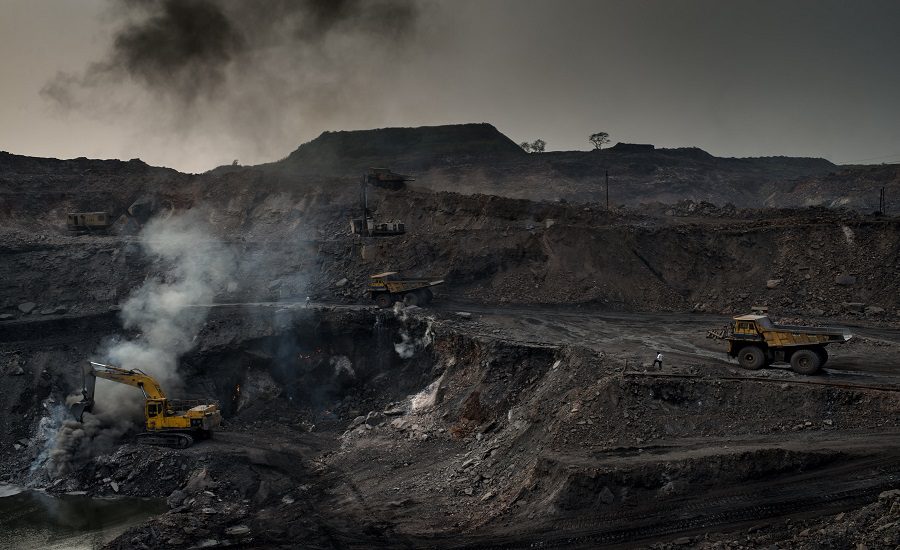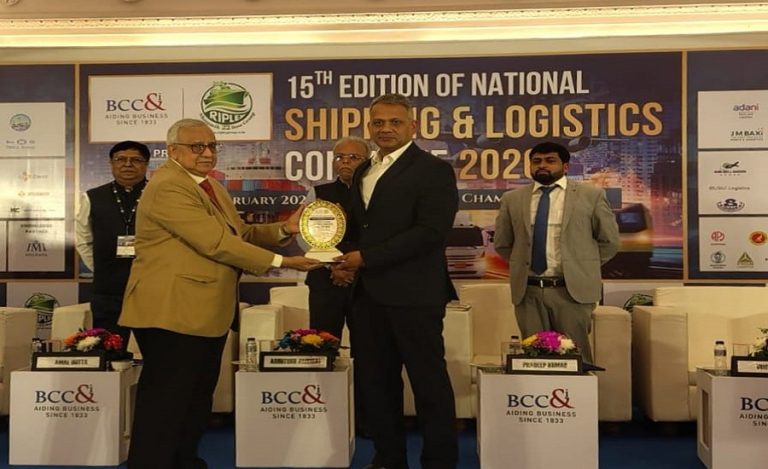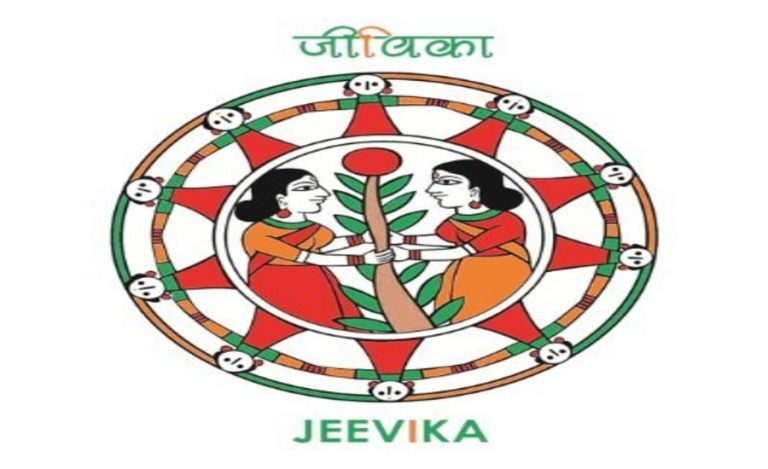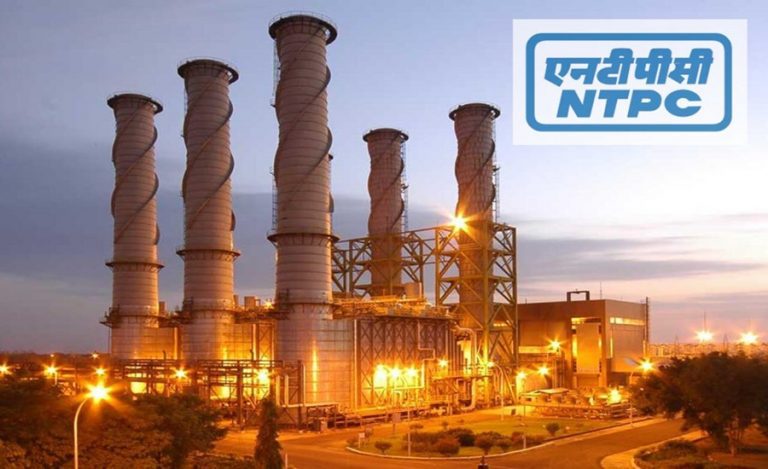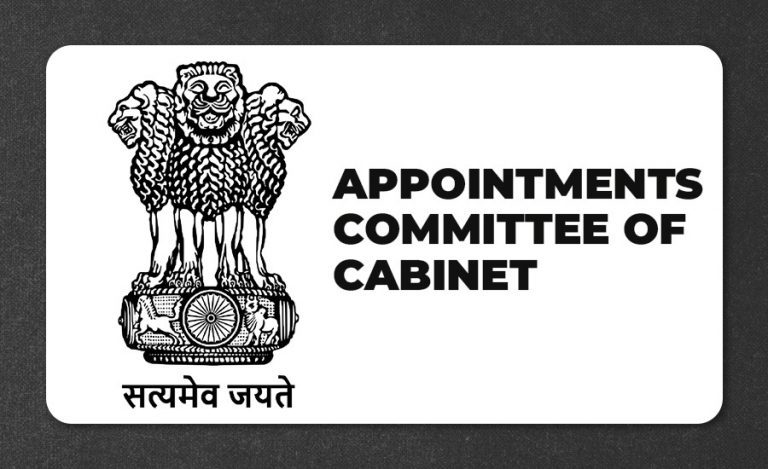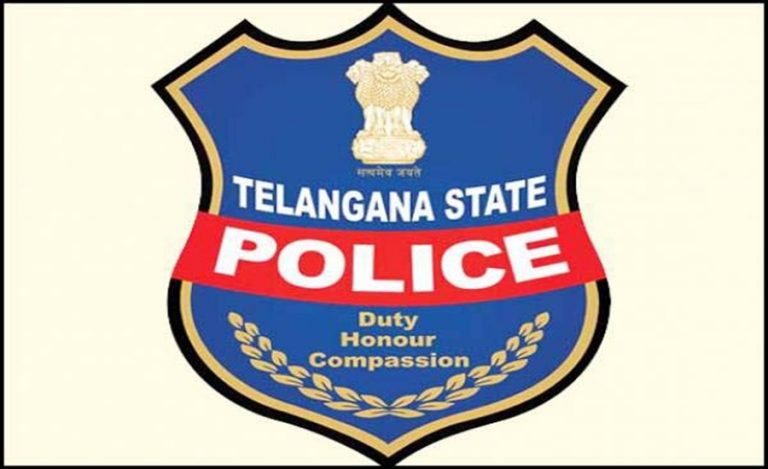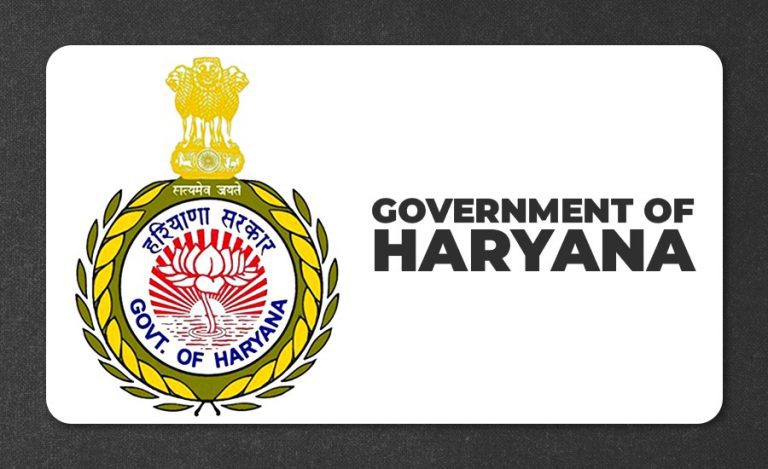New Delhi: In a major step towards addressing the long-standing issues in the Jharia coalfield region, the Union Cabinet, led by Prime Minister Narendra Modi, has approved the Revised Jharia Master Plan (JMP) with a substantial financial outlay of Rs 5,940.47 crore. The plan aims to combat underground coal fires, prevent land subsidence, and facilitate the humane rehabilitation of affected families.
The decision, announced by the Ministry of Coal on Wednesday, marks a significant upgrade over the earlier version of the Jharia Master Plan, with an expanded focus on sustainable livelihoods, credit access, and essential public infrastructure.
Prioritising Fire Zones and High-Risk Areas
The revised plan adopts a phased approach to ensure targeted interventions, beginning with the most vulnerable areas impacted by persistent fires and dangerous subsidence. The Jharia coalfield, located in Jharkhand, has suffered from unregulated mining for decades, leading to severe environmental and human safety challenges.
Operated by Bharat Coking Coal Limited (BCCL), a subsidiary of Coal India Limited (CIL), the region has long required a comprehensive rehabilitation and mitigation strategy – a gap the revised JMP seeks to fill.
Empowering Families Through Livelihood and Skill Training
A major thrust of the revised JMP is the promotion of economic self-reliance through skill development and livelihood generation. Displaced families – including both Legal Title Holders (LTHs) and Non-Legal Title Holders (Non-LTHs) – will benefit from:
- Rs 1 lakh livelihood grant per family
- Credit support of up to Rs 3 lakh, facilitated through an institutional credit framework
Additionally, the government will set up a dedicated Jharia Alternative Livelihoods Rehabilitation Fund to support income-generating initiatives. Skill training programmes will be delivered through collaborations with Multi Skill Development Institutes operating in the region.
Building Holistic Infrastructure for Resettlement
Resettlement efforts under the revised plan are designed to be humane and comprehensive, with a strong emphasis on developing public infrastructure and community assets.
The government aims to provide resettled communities with-
- Road connectivity
- Electricity and water supply
- Sewerage systems
- Schools and hospitals
- Community halls and skill centres
These amenities will be delivered in alignment with the recommendations of the Committee for Implementation of the Revised Jharia Master Plan, which has overseen the plan’s strategic revisions and execution guidelines.
A Continuation of a Long-Term Rehabilitation Strategy
The original Jharia Master Plan, launched in August 2009, was set for a 12-year period, ending in August 2021. Following its expiration, a review committee led by the Coal Secretary was formed in August 2021 to evaluate the outcomes and chart the future roadmap. The revised JMP is the culmination of that review process and a renewed commitment to resolving one of India’s most complex mining-related humanitarian and environmental crises.
About Jharia Coalfield Region
Jharia Coalfield, located in Jharkhand, India, is the country’s largest coal-producing region, particularly known for its high-grade coking coal reserves. It’s infamous for long-standing underground coal fires and the associated risks of land subsidence and environmental damage. The area has been a major coal supplier for over a century and plays a vital role in India’s energy sector
About BCCL & CIL
Bharat Coking Coal Limited (BCCL) is a Public Sector Undertaking (PSU) under Coal India Limited. Established in 1972, BCCL’s primary function is mining and supplying coking coal, a crucial resource for the steel industry. It operates mines in the Jharia and Raniganj Coalfields, contributing significantly to India’s steel sector by meeting almost 50% of the total prime coking coal requiremen
Coal India Ltd. is the largest coal producer in the world that produces non-coking as well as coking coal for coking and non-coking use in different industries. CCL is based in Ranchi and is under the administrative control of the Ministry of Coal. The Company has an important role in power generation and supplying material for cores industries.

